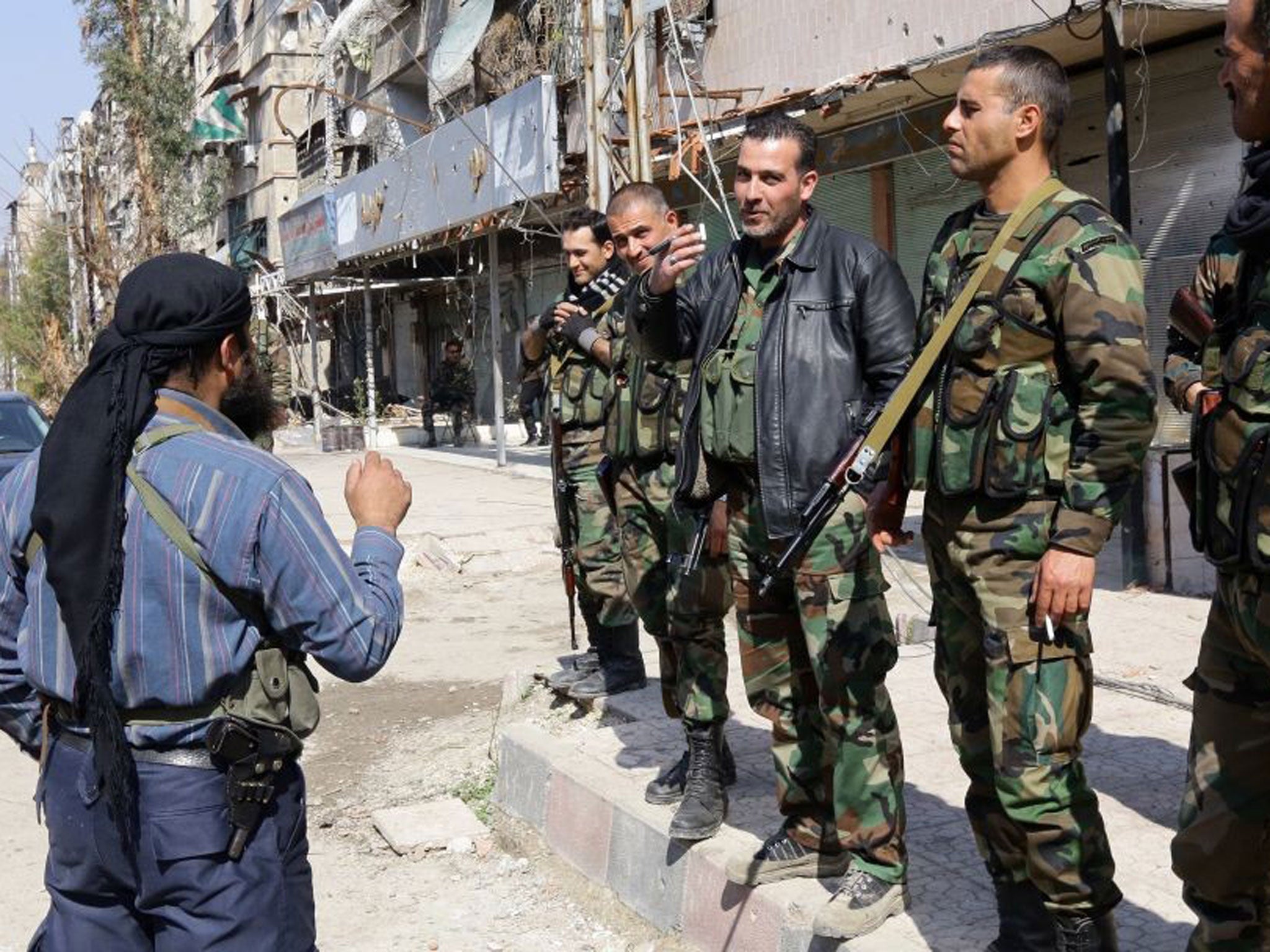Syria civil war: Police hail UK arrests of would-be jihadis
Counter-terror chief hails improvement in department, but accepts officers still do 'really stupid things'

Britain's most senior policewoman has welcomed a rise in the number of Syria-related arrests in the UK as families turn in their sons and brothers to try to stop them joining the jihad in the war-torn country.
Some 400 Britons have gone to fight in Syria, The Times said, mainly with groups opposed to President Bashar al-Assad, some of which are linked to al-Qa'ida.
Since the beginning of the year there have been more Syria-related arrests than in the whole of last year, the newspaper said, caused by a rise in parents preferring to turn their sons over to the police rather then see them killed in war.
Cressida Dick, assistant commissioner of the Metropolitan Police and the country's most senior counter-terrorism officer, urged more families to contact police and promised that any investigations would be carried out sensitively.
She told The Times: "We're getting lots of support from families who are ringing up and saying they are worried about their brother, son, sister sometimes, friend or indeed from other sources of information and intelligence.
"We (have) certainly got a lot more information and a lot more concerned people. We want to increase the proportion of people that would contact us, but we are getting a lot of calls for help.
"We are working effectively with those families, it's obviously a very complex issue particularly if it results in a loved one being arrested."
Ms Dick, who heads an all-female leadership of Britain's anti-terrorist police team, said her department had undergone a transformation in the last decade.
She said: "Counter-terrorism policing, if you went back 10 years, would have been seen as the macho end of a macho organisation."
But now, she said, the greater emphasis is on "ensuring that as far as possible we are in tune with the communities that we're serving".
She also said greater scrutiny had brought about significant changes in policing.
"We are much more professional, much better at our jobs, much more accountable, much less inward looking.
"We're not perfect, we make mistakes and sometimes we have people who do really stupid things. A lot of that change for the better has come from the increased scrutiny."
Speaking last week before the revelation of police cover-ups and spying on the family of murdered black teenager Stephen Lawrence, Ms Dick told the newspaper: "I sometimes feel that we are, in policing, on the edge of spending too much time looking over our shoulders and examining what happened before, rather than getting on with today's job."
As well as her counter-terrorism role, Ms Dick heads the Met team that convicted two of Stephen Lawrence's killers in 2012, and said the force was "completely committed to bringing the others responsible to justice".
Yesterday she told The Times that last week's revelations had raised "very important issues about undercover policing and the way in which the Lawrences have been treated".
PA
